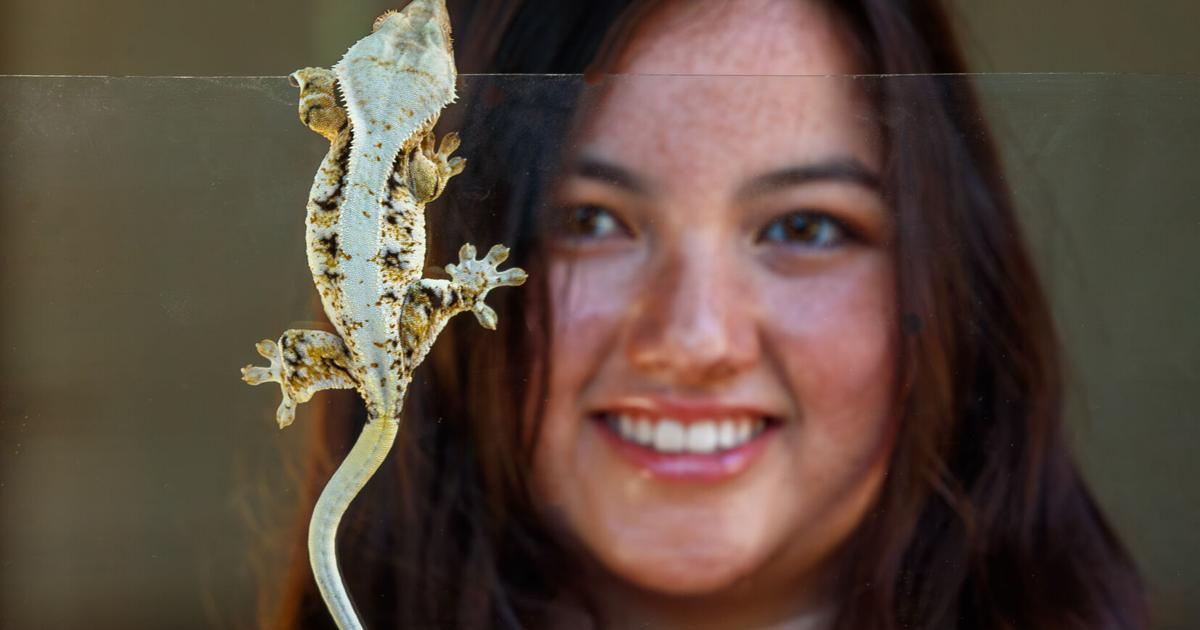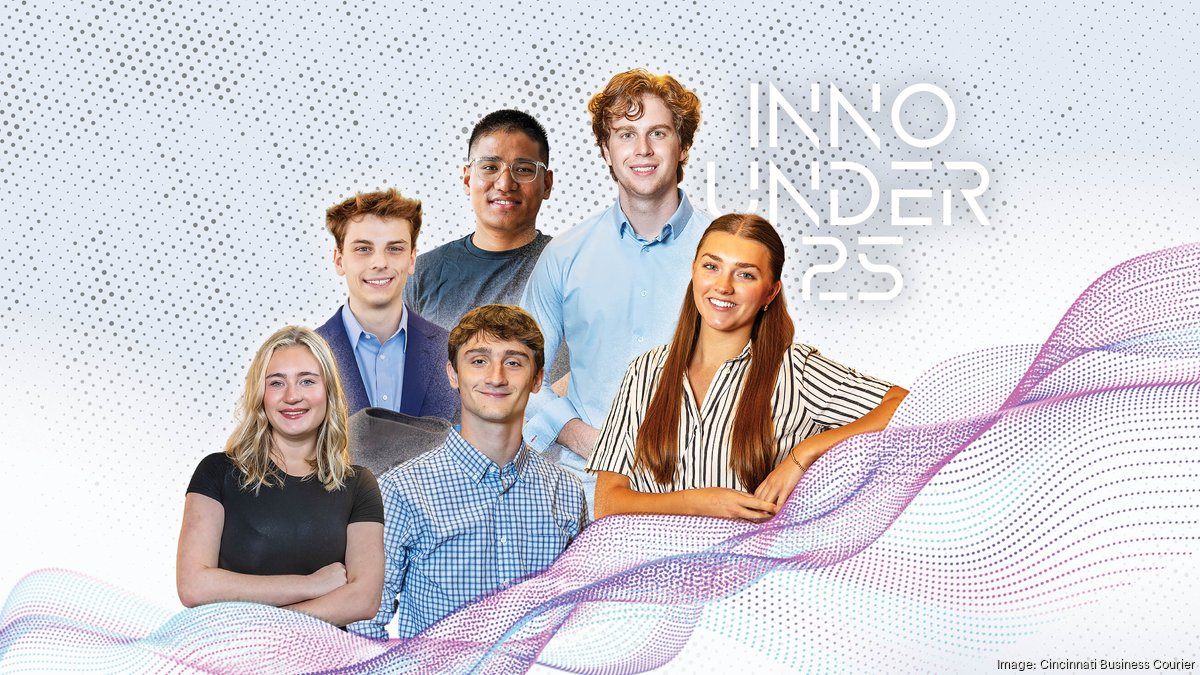Summary:
The H-1B visa fee has surged to $100,000, up from $2,000-$5,000, posing a major barrier for startups.
Startup founders warn this 'talent tariff' could stifle innovation by making it harder to hire skilled international talent.
Big Tech companies may absorb the cost, but smaller startups risk being priced out, harming competitiveness.
Notable figures like Elon Musk and Sundar Pichai previously used H-1B visas, highlighting their role in fostering success.
The visa has limitations, with only 85,000 issued annually via lottery, amid high demand and criticism over worker exploitation.
The Impact of H-1B Visa Fee Hikes on Startups
Amr Awadallah, founder of AI startup Vectara, had two reactions when he heard about changes to the H-1B visa program that raise the application fee for each visa to $100,000. He was not surprised, but he was dismayed.
"I can’t afford to pay $100,000," Awadallah told TechCrunch. He’s hired one employee on an H-1B, and while the new fee only applies to new applications, he believes it’s too high for many startups and will price them out of hiring internationally.

The H-1B visa was created to allow companies to hire skilled talent from a worldwide market for such occupations as IT and engineering. On Friday, Trump announced that the fee hike, typically paid by the employer, would increase from $2,000-$5,000 to $100,000 per application, a change that will especially be felt with the new batch of visas available in March.
Immigration is a key issue for President Trump, who, even dating back to his 2016 campaign run, accused companies of using the H-1B to take jobs from U.S. citizens.
Critics of the fee hike note that this visa helped bring in people who have gone on to start or run multibillion-dollar companies. Former holders include Google’s Sundar Pichai, Microsoft’s Satya Nadella, and Elon Musk. The visa has been more accessible than the O-1 visa for extraordinary ability, and quicker to obtain than a green card.
"The impact will be severe on the competitiveness and innovation of smaller startups compared to the hyperscales, the big businesses," Awadallah said. While Big Tech can more easily afford such fees, he feels that startups will miss out. Pricing startups out, he said, "will impact innovation in very, very negative ways longer term."
More than 700,000 people live in the U.S. on an H-1B, and they’ve brought with them more than 500,000 dependents, such as spouses (who are permitted to work under this visa) and children, according to the immigration and criminal justice advocacy group fwd.us. Indian nationals are the largest recipients of the visa, followed by China and the rest of the world, according to the U.S. Citizenship and Immigration Services.
Only 85,000 new people a year can receive the visa (20,000 of them must have just graduated from a U.S. university), and demand outstrips availability, so H-1Bs are allocated at random, in a lottery held in March. Tech companies have lobbied for years for an increase in annual H-1B limits.
Critics allege that these companies are using H-1B holders to replace U.S. workers with lower-paid employees from overseas. Others say it exploits foreign workers, as the visa is tied to the employer, so workers can’t easily switch jobs and they face deportation if they lose their jobs.








Comments